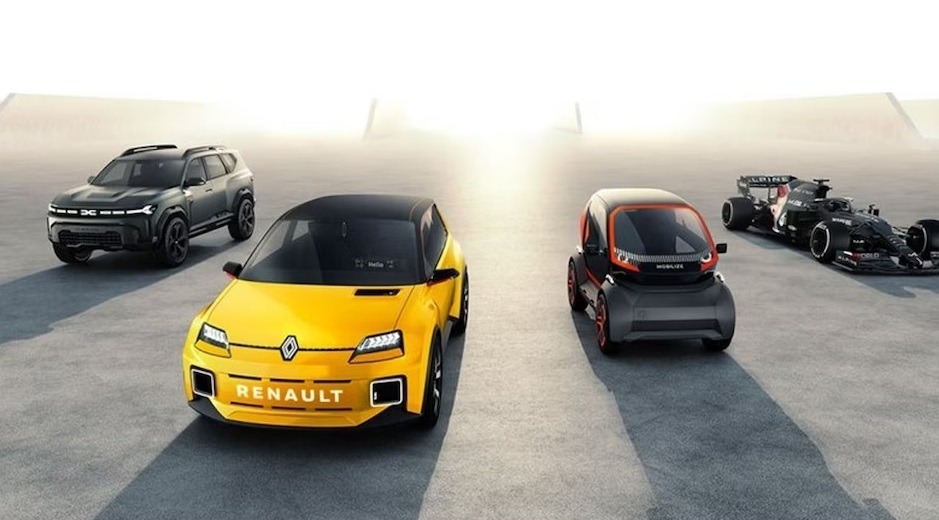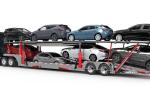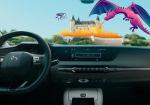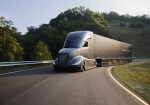Renault’s Ampere Division Aims For 20% Cost Reduction With Lithium-Iron-Phosphate Batteries

by AutoExpert | 3 July, 2024
Renault may reduce the price of its electric vehicle batteries by 20% by switching to lithium-iron-phosphate chemistry in addition to its present nickel-cobalt manganese batteries. Ampere, the French company's battery branch, will work with LG Energy Solution and CATL to procure LFP batteries.
Renault will meet all its battery demands until 2030 by using the cheaper new batteries in a number of models, including the Alpine.
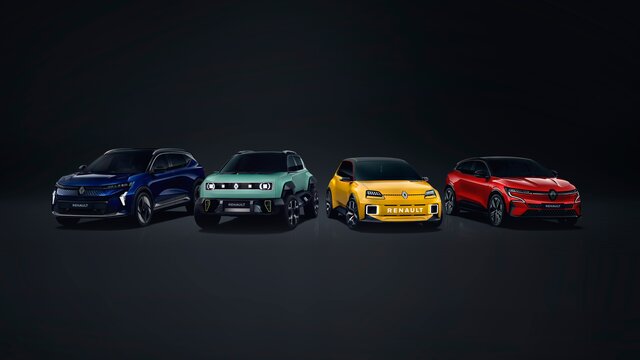
In contrast to LG Energy Solution, which already produces NCM cells at a facility in Poland, CATL will obtain its LFP batteries from its factory in Hungary. AESC and Verkor, two French companies, will continue to supply Ampere's NCM batteries.
With Ampere's innovative cell-to-pack technology, LG will be able to incorporate more cells into a pouch-style battery, which will further reduce costs.
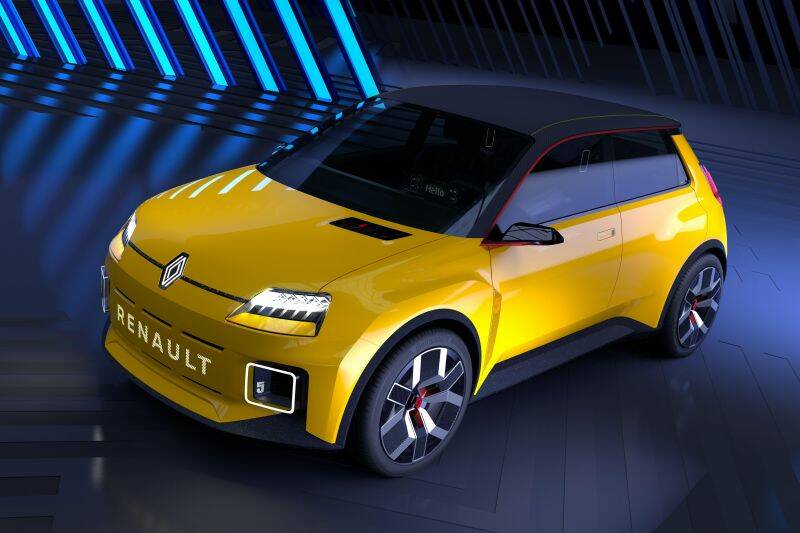
Not only are LFP batteries less costly and energy-intensive, but Renault claims they are also a good fit for compact and medium automobiles. With the new LFP batteries, Renault will be able to debut their first cars in 2026.
“In a fast-changing and competitive environment, our battery strategy is proof of the efficiency of Ampere’s open and horizontal approach with best-in-class partners, ensuring smart capital allocation, flexibility, and rapid execution,” said Josep Maria Recasens, chief operating officer of Ampere.
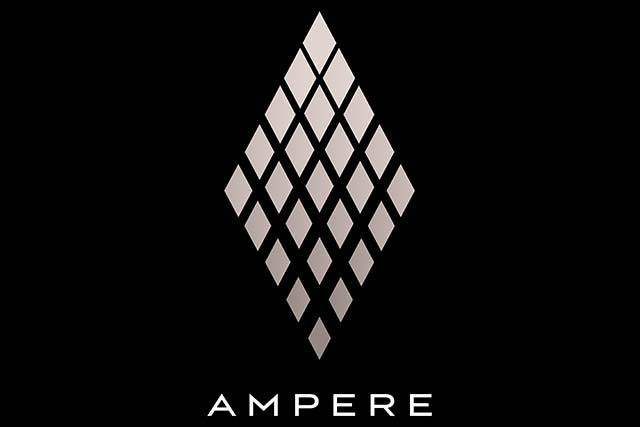
Ampere, according to Renault, will break even in 2025, and the company aims to slash EV prices by 40% in a single generation.
